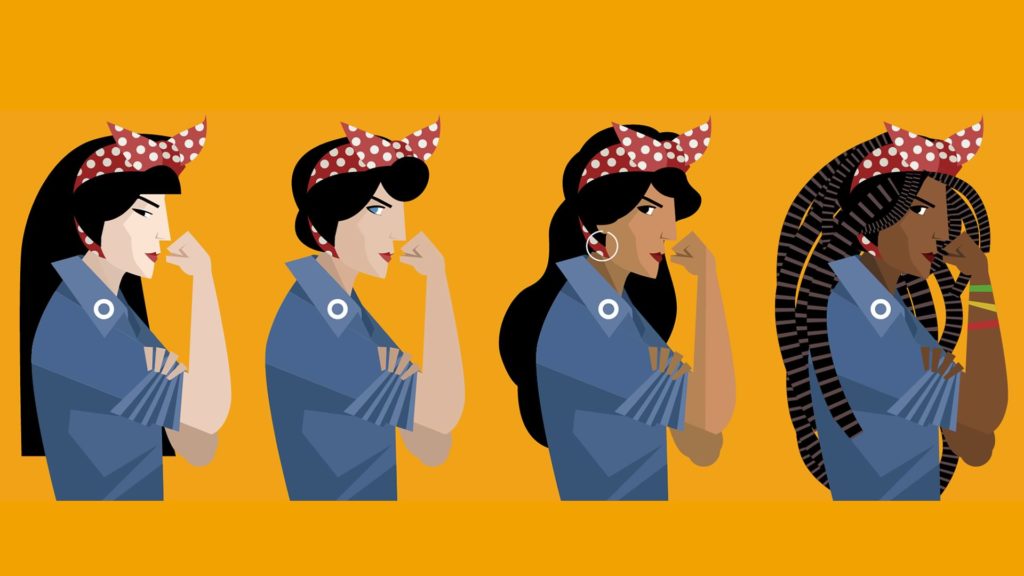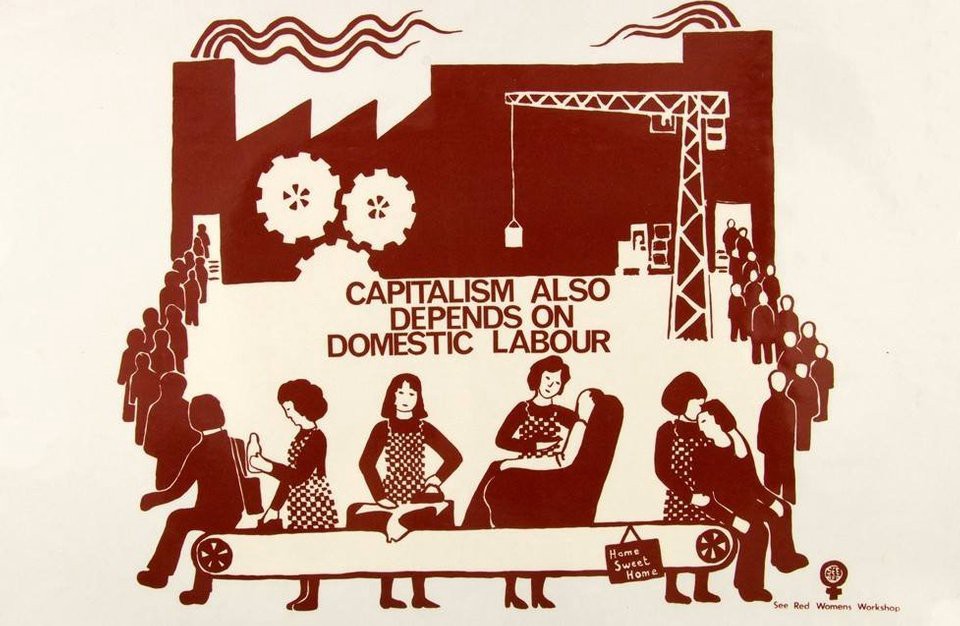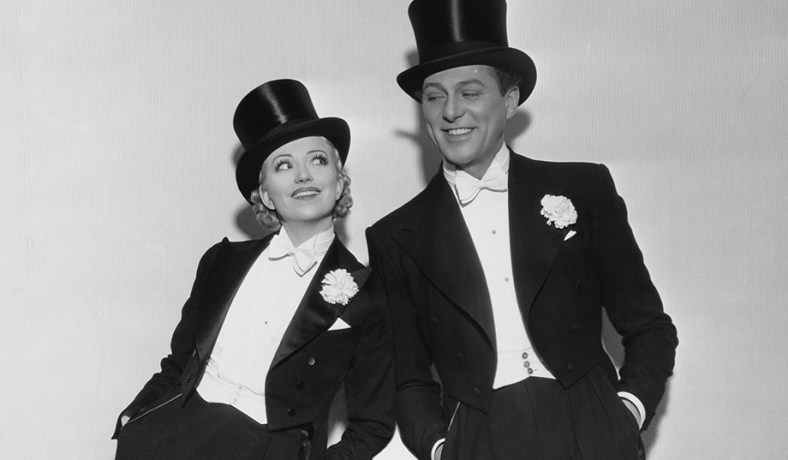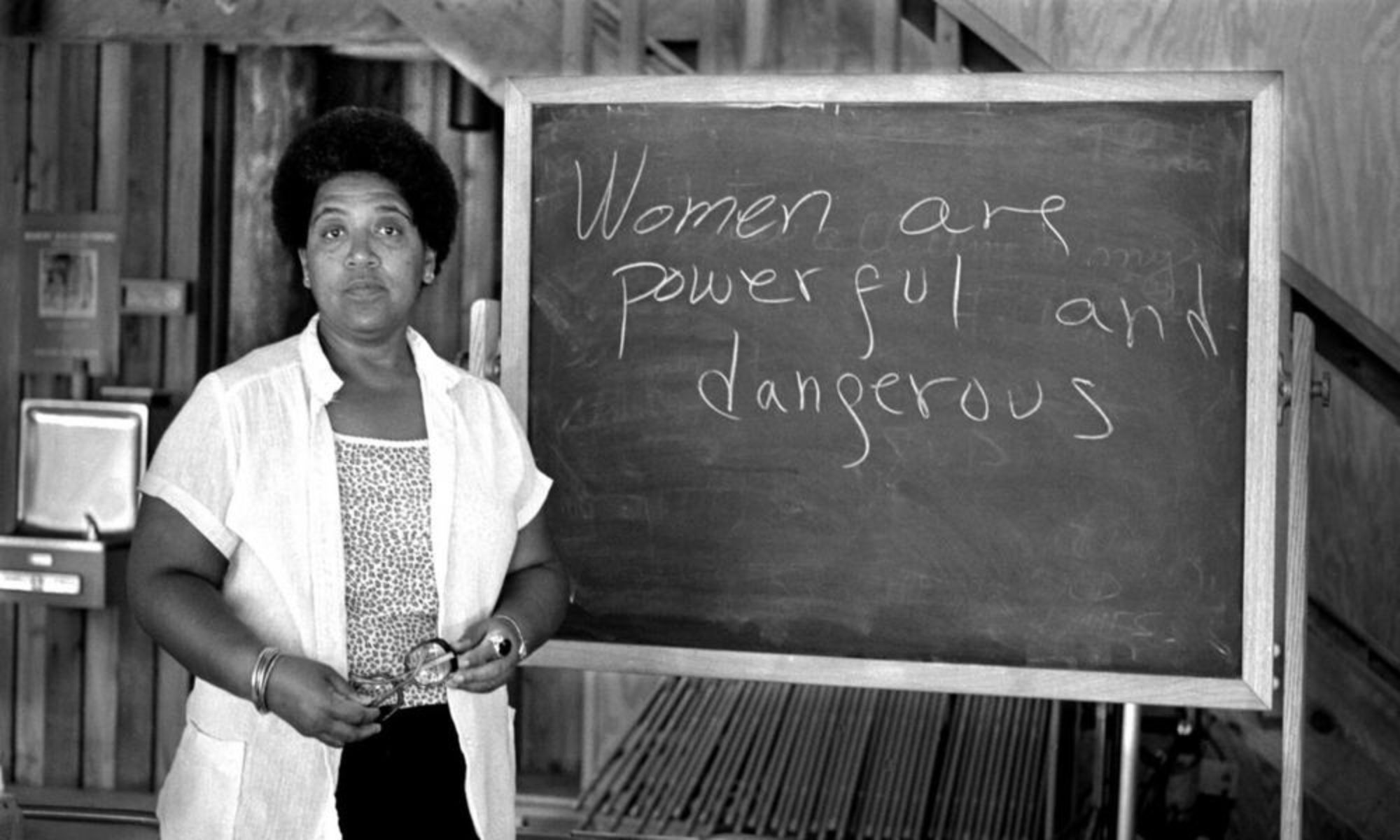Toni Morrison Presentation By Ramy Mohamed
Blog Post #14 By Ramy Mohamed

The three blog posts that I have done that were most important or impactful to me have to be : Blog Post #’s 5, 6, and 11. The reason why i choose blog post #5 (even though it doesn’t really relate with feminism) is because it has taught me about the world and the people that live in it, that we are strong and will continue to be productive and move forward with life despite hardships that may occur. The reason why i chose blog post # 6 is because of how personal this blog post was, It taught me that the world has changed and how my mother used to live in a place and time that didn’t accept individual expression, it made me understand and sympathize with my mother’s struggles which helped me have a better understanding of women’s struggles in general. The reason why i choose blog post # 11 is because I never really though of one’s gender in this way, that it’s a performance. Judith butler helped me understand something i never knew existed even though everyone(including myself) does it automatically.
Blog Post # 13 By Ramy Mohamed

In the book Playing in the Dark the author Toni Morrison highlights how Blacks are usually represented through the lens of white perception rather than the other way around. The book explains how early American writers sought to define their works in contrast to European writers. That American writers highlighted their freedom by contrasting it with the enslavement of black slaves. Regularly, black presence is used to define whites in literature such as in the stories of Edgar Allan Poe. It is important to note that though she is an African American that examined white literature, she remain neutral throughout her book and simply highlighted issues rather than giving her own opinion. This book is different than Judith Butler’s book because of how neutral Morrison was compared to Butler. Morrison also focused more on the issues of race rather than gender.
Blog Post #12 By Ramy Mohamed

Materialist feminism expands on the idea that capitalism and patriarchy are key to understanding women’s oppression. Gender is seen as a social construct, thus society forces gender roles, such as giving birth, onto women. This is an issue only because not everyone recognizes the importance of this constructed role but also because this “role” might not fit every women. Materialist feminists are fighting for women’s rights so that women are treated socially and economically the same as men in society.
Blog Post #11 By Ramy Mohamed

Judith Butler is talking about gender performance and how anything that you do to express your gender which is not innate but is the result of human cultural ideas of gender – you are “performing” your gender. Thus I perform my gender whenever I decide to pick out the cloths i’m going to wear for today since my sense of fashion is derived from cultural ideas of my gender instead of my own innate biological disposition.
Blog Post #10 By Ramy Mohamed

The Heywood reading talks about Culture Wars having to do with third wave feminism and how they distinguish themselves from second wave feminists. Culture wars also can refer to a conflict or struggle for dominance between groups within a society or between societies, arising from their differing beliefs, practices, etc. This of course ties into feminism since feminists are a group within society trying to fight for equal rights to their male counterparts.
Judith Butler Presentation By Ramy Mohamed
 Loading…
Loading…
Blog Post #7 By Ramy Mohamed

To annotate text in hypothesis, first join the group by clicking this link : https://hypothes.is/groups/z3grRGrg/wgs-1001-spring-2020 Then, create an account, select the latest chat, and click on “Visit annotations in context”. Next, read the article and highlight an excerpt. Finally, select “Annotate” and write your annotation.
Blog Post 6: Oral History By Ramy Mohamed

For this post I decided to interview my mother, Wafaa Mohamed. During the 70’s my mother was 9-19 years old and lived in Alexandria, Egypt.
Q: when you were living in Egypt was there any women’s rights activists?
A: Yes, there was but that happened after the Russian alliance.
Q: Why did Egypt ally itself with Russia at that time?
A: During the 70’s Egypt was at war with its neighbor Israel and seeked an alliance since Israel had an alliance with England and France.
Q: How did Russia cause social change during this time?
A: Well, before the alliance women were much more conservative and by this I mean women wore conservative clothing, women mostly wore chanel lengths(a skirt or dress that went past your knee). Once the alliance was formed cultural appropriation occurred. During this time there was more emphasis on women to show their beauty rather than hide it. Women decided to embrace this new change and wore mini jubes and later micro jubes(a type of skirt or dress that was above the knees).
Q: How did this effect society?
A: This caused a lot of conflict within Egyptian households, the elders/parents of women would argue with them and try and convince them to be more conservative with their clothing. That they should revert back to chanel lengths and that skirts were far too revealing and thus shameful. I heard stories of women being disowned by their families for failing to change their appearance.
Q: Did any policies/ laws change because of this?
A: Yes, laws for divorce and custody changed after about ten years of cultural appropriation.
Q: Did you decide to embrace the new fashion trend at the time?
A: I was very interested in fashion back then as I am now, So yes I did. I kept it a secret from my family to avoid conflict. I would wear a long skirt and fold it once I was away from home.


